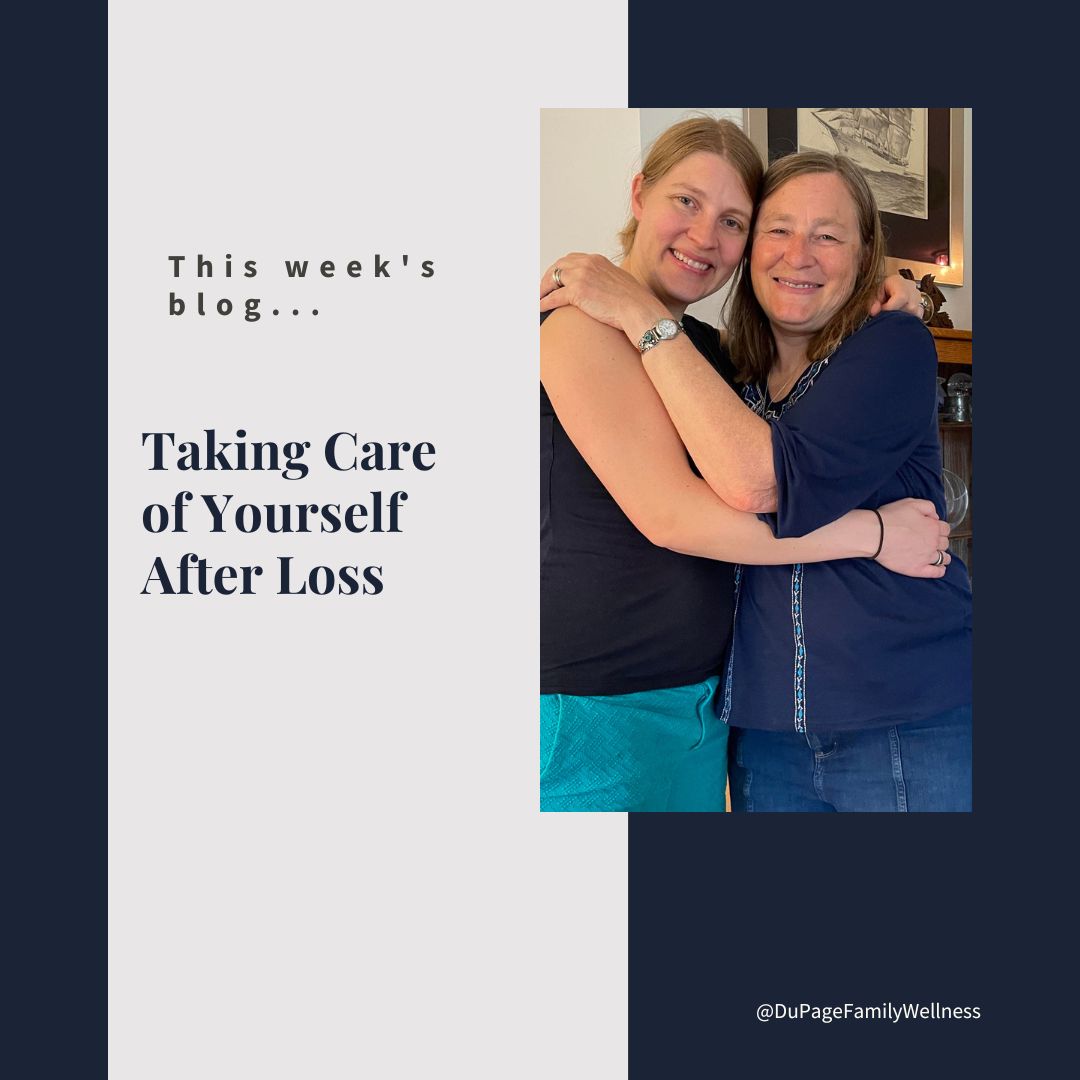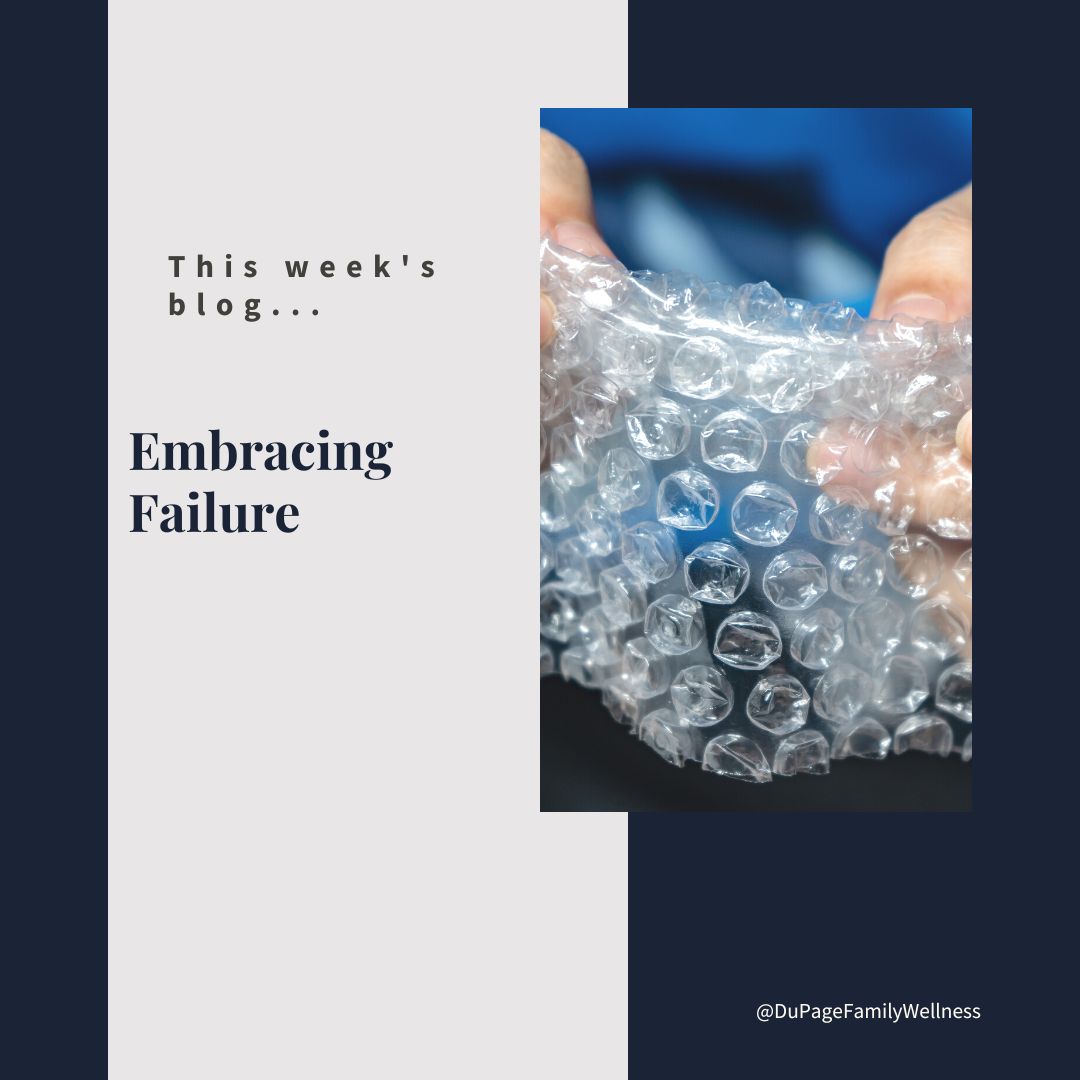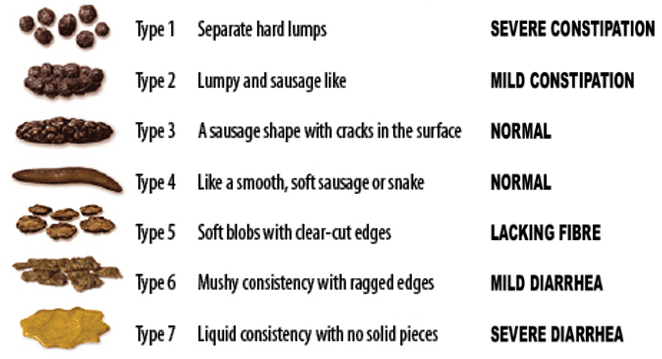
When you feel good physically, it impacts how you feel mentally. Feeling good mentally makes it easier to connect with those you love. Meaningful connections often increase your energy. This energy can help you move your body and be more mindful of what you eat.
Together, these things make you feel better physically. It all feeds into a positive cycle that can lead you toward living a life you love. My goal is to help your body function at its top level so that you feel your best.
You deserve to live a full life without anything holding you back, so call the office at 630-448-2205 or use the online scheduling system to make your appointment today.
Let’s look at what you have to gain and what you have to lose.
Acute Pain
When pain comes on suddenly, it is considered acute pain. It has a specific cause that often can be identified. It may be a fall, lifting something heavy, or rolling your ankle. But it could also be something less extreme like bending to tie your shoes or sleeping funny.
In any circumstance, your body will give us clues as to what it needs. There are different approaches we can take based on what you are experiencing. Most of the time, it will be appropriate to start treatment immediately. Occasionally we will want to run tests to see if a fracture, break, or infection is causing the pain.
Lingering Pain
Nobody wants to experience lingering or chronic pain. You may be able to handle it for a while, but eventually, it takes a toll on you. When it gets to be too much, it can impact every aspect of your life.
Maybe you thought it would go away on its own, so you never sought medical care. Or perhaps you've gone to another doctor, and they didn't relieve the problem. It is discouraging to feel like your pain will be a part of your life forever, but I have alleviated lingering pain for a lot of people. I encourage you not to give up; you deserve to feel better.
Wellness
Chiropractic care is valuable for everyone; you do not need to be in pain to benefit from it. Regular care can help prevent injury and catch muscular-skeletal issues before they become a big problem. It can impact the nervous system bringing the parasympathetic and sympathetic nervous systems into balance. This can get you out of the fight-or-flight state. This is good for digestion, stress, and overall wellness. It can also impact your immune system.
Since the early 1900s, there has been evidence that regular chiropractic care has a positive effect on the immune system. It is believed that regulating your nervous system leads your body to function more efficiently making your immune responses more effective. For more information about the benefits and impact on the immune system, check out "Why Chiropractic Care is So Important."
Whole Body Approach
I treat the human body as a complex system, not just individual parts. This is likely why my patients see such good results.
If you are experiencing knee pain, I will examine the muscles, ligaments, tendons, and nerves around your knee.
- If we find joints that aren't moving properly, we will mobilize them.
- If we find muscles that are too tight, or nerves that are entrapped, we will use the Active Release Technique (ART) to release them.
- If we find weak muscles, we will give you exercises to strengthen them.
Sometimes, however, the root of the pain is in an area you would not expect. Your gait, movement patterns, and inflammation in the body also impact your knee. So, we will examine those issues and make a treatment plan to address them. My goal is to look at the state of your body as a whole because that is the best way to get your body functioning well the fastest.
My Promise to You
I promise to treat you as an individual and designed a care plan just for you. Every human body is unique, so you will not find a cookie-cutter approach to health here. You won’t be asked to go through a random number of visits. We will look at what is appropriate for your situation and create a plan to get you back to feeling like the best you possible.
I will always listen to your feedback during treatment. Healing should not hurt, so you can expect little to no discomfort during your appointments. If something is not working for you, just speak up and we will make adjustments to your treatment plan. We are working together, so you will always be in control. I just ask you to invest in yourself throughout the week, so you can see the results you want as quickly as possible.
If you are experiencing acute or chronic pain, don't suffer needlessly. You can set up an appointment by calling 630-448-0255 or schedule online here. Let's get you enjoying life again!
Dr. Jamie
 As many of you know, Dr. Jamie said goodbye to her mom last week. Thank you for the kindness you have shown her during this time.
As many of you know, Dr. Jamie said goodbye to her mom last week. Thank you for the kindness you have shown her during this time.
I am sharing this previous blog because it is hard to do self-care during difficult times. I have modified it to be more appropriate for those suffering a loss. I hope it will provide easy ways to care for yourself when you may not feel like you can.
Carolyn
Simple Self-Care Ideas
Let’s look at some things you can do to take care of yourself in 5-minutes or less.
- Put on a cozy sweater or sweatshirt
- Open the window for a cool breeze
- Massage or stroke your face
- Meditate
- Smile at a fond memory
- Gaze at the stars
- Yoga (hold the child’s pose)
- Take some deep breaths
- Stare at nature
- Declutter your nightstand
- Give yourself a foot massage
- Put on some makeup
- List three positive things about yourself
- Close your eyes letting the sunshine on your face
- Diffuse your favorite scent
- Play with your pet
- Get some movement
- Make a list of everything on your mind
- Do a sudoku or crossword puzzle
- Hug a loved one
- Open your blinds
- Be completely still
- Listen to your favorite song
- Apply a face mask
- Sit in your car in silence
- Pick a mantra to focus on
- Step outside or go for a walk
- Sing your favorite song
- Mindfully drink your coffee
- Eat a piece of dark chocolate
- Stretch your body
- Progressively tense and relax your body
- Apply lotion to your body
- Doodle or color
- Look at old pictures
Everyone responds differently to loss. Some people are overcome with emotion while others go into "business mode." Many times people alternate between the two. There is no wrong way to process grief even if it is different than how other people expect you to react. And, it is okay to feel things other than sadness; it doesn't mean you are not grieving deeply.
Dr. Jamie (and Carolyn)
 As many of you know, Dr. Jamie's mother passed away on Monday. The kind words and understanding that you have given at this time are truly appreciated.
As many of you know, Dr. Jamie's mother passed away on Monday. The kind words and understanding that you have given at this time are truly appreciated.
This blog article, "Moving Through Difficult Emotions," has been sent out before but seems appropriate to revisit.
-Carolyn
Moving Through Difficult Emotions
Growing up, we often get the message that it’s not okay to experience “negative” emotions. Sometimes the message is harsh and clear through words like “don’t cry like a baby” or “grow up”.
Sometimes it is more subtle. Well-meaning people say things like “Don’t cry honey, you’re okay”. Other times they may use distraction techniques to prevent you from feeling difficult emotions.
All these methods, whether well-intentioned or not, can lead to us avoiding negative emotions. But these emotions don’t simply go away when we ignore them. It is important to learn how to embrace and work through difficult emotions in a healthy way. Let’s look at what that means so that we can live an authentic full life.
Importance of Embracing Difficult Emotions
According to researcher and author Brene Brown, “We cannot selectively numb emotions, when we numb the painful emotions, we also numb the positive emotions.”
In other words, if we want to feel love, joy, peace, and fulfilment, we must also have the capacity to feel loneliness, sadness, anxiety, and emptiness. We cannot fully feel the “positive” emotions without making room for the “difficult” ones.
Messages Our Emotions Give Us
All our emotions are valuable and provide insightful information if we learn to listen to them. If we pay attention to how we feel when we are with different people in our lives, we can learn a lot about those relationships.
For example, if we feel great love towards someone, we can recognize that the relationship is important to us. But difficult emotions can indicate that as well. Imagine that you are hurt because a friend didn’t follow through on a promise. This difficult emotion may show you that you generally trust and value this friendship, so it is especially painful when they let you down.
Another emotion that gives us valuable information is our anger. Often our anger tells us that someone has crossed our boundaries. When we take a moment to recognize our anger and ask what boundary has been crossed, we are more likely to be able to handle the situation constructively.
Working Through Difficult Emotions
Once we realize how valuable our emotions are, it is important to learn how to work through the difficult ones. Here are some steps to handling these important, but difficult emotions.
- First, allow yourself to truly feel your emotions. We often try to resist difficult emotions, but this causes more suffering. Embrace each emotion, welcoming the message that it brings to you.
- Name your emotions and be with them. Don’t try to rush through uncomfortable feelings. Often they will sweep over you like a wave and then pass.
- Notice where you feel it in your body. Does your heart feel heavy? Is your jaw clenched?
- If you get stuck in an emotion, doing something constructive, creative, and engaging can be helpful - things like art, reading, cooking, yard work, movement, meditation, mindfulness, or conscious breathing.
Read more ...
 In 1957, Alfred Fielding and Marc Chavannes tried to invent a 3-D wallpaper. They sealed two plastic shower curtains together by heat. The results were disappointing, and it was a complete failure as wallpaper.
In 1957, Alfred Fielding and Marc Chavannes tried to invent a 3-D wallpaper. They sealed two plastic shower curtains together by heat. The results were disappointing, and it was a complete failure as wallpaper.
A decade later Spencer Silver attempted to make a strong adhesive for the space industry. He was unsuccessful and ended up with a weak adhesive that peeled off without leaving a residue.
Failing can be a painful experience, leading to embarrassment and shame. However, the “failures” mentioned above are the reasons we have bubble wrap and post-it notes today. These mistakes were turned into something useful, but even if they were not, the failure would still be valuable.
Let’s explore why many leaders believe that failing is a step on the path to greatness.
Don’t Play it Safe
Elon Musk has a strong history of failure. It is interesting to see how many challenges he had on the way to his success. You can read about his journey in the article here. Because he understands the benefit of taking risks, he explains that in his companies "Failure is an option... If things are not failing, you are not innovating enough."
Achieving greatness inherently comes with the risk of failure. If you embrace failure as a part of learning, you will not need to play it safe. You will be free to try innovative ideas with the potential for huge success.
It is okay to try, fail, learn, and try again. If you never fail, your goals may be too small. This might keep you from failure but will also limit your growth.
Fail Forward
Think about one of your greatest achievements. Did you accomplish it easily without any challenges? Probably not. When you persevere despite failure, you can apply the knowledge you have gained through your mistakes. Winston Churchill said, "Success consists of going from failure to failure without loss of enthusiasm."
It is hard to face the disappointment of one mistake after the other, but perseverance may make all the difference. Consider the fact that Howard Schultz was rejected for a loan 242 times before he secured the funds to start Starbucks.
Are you a Failure
Many of the most successful people were initially considered failures. Just look up the history of the Beetles, Walt Disney, and Oprah Winfrey. They didn’t give up when they were not recognized for their brilliance. J.M. Barrie, the author of Peter Pan, had a unique perspective on failure, saying, "We are all failures - at least the best of us are.”
These celebrities must have had a growth mindset that gave them the fortitude to persevere. This type of mindset focuses on the ability to improve and progress, instead of the limiting belief that you are born with set abilities that limit your capacity for success.
If you are interested in developing a growth mindset, check out Carol S. Dweck's amazing book "Mindset: The New Psychology of Success."
What would you do if you knew you wouldn’t fail? Embracing the possibility of failure can free you up to take chances and pursue your passions. When you realize that failure has a purpose, it will make persevering a little bit easier.
Dr. Jamie
*I earn a small commission on qualifying purchases as an Amazon Associate.
 Most of us have been taught, in subtle ways, to ignore our bodies. These unintended lessons were primarily given to us by well-intentioned adults when we were very young. We were expected to follow the structure of the day regardless of the sensations we felt in our bodies.
Most of us have been taught, in subtle ways, to ignore our bodies. These unintended lessons were primarily given to us by well-intentioned adults when we were very young. We were expected to follow the structure of the day regardless of the sensations we felt in our bodies.
As adults, many of us continue to dismiss what our bodies are telling us. We go through the day chipping away at our to-do lists without paying attention to any inconvenient sensations we are feeling.
While we cannot be led by every feeling, if we consistently ignore the body's messages there may be a price to pay. Slowing down for just a moment to notice these signals will help us honor and take care of our bodies.
Ignoring Our Bodily Sensations
Do you remember the scene in Wonder Woman where Diana asks why Steve's watch is ticking? Steve explains, “Because it tells time. When to eat, sleep, wake up, work.” She responds with a simple, “You let this little thing tell you what to do?”
We can learn a lot from her response, but first, let’s look at the ways you may have been taught to ignore your body.
- Having to wait until mealtimes to eat.
- Being required to clean your plate.
- Waiting to go to the bathroom until between classes.
- Being taught to hold back when you have to pass gas.
- Having our feelings minimized, dismissed, or punished.
- Being pushed to keep going when we were tired and in need of rest.
What About Learning Self Control?
Many people think children need to learn these lessons to function properly in the world. While there is some truth to that, there is a way to honor both the body and social norms.
We don’t need to follow these sensations impulsively. It is possible to recognize what our body is telling us without acting upon it. When we recognize its messages and consciously choose our response, we honor our body.
Examples of Honoring the Body in Daily Life
Listening to your body can help you function at a higher capacity in the long run. Noticing the little things your body is telling you now can help you pay attention to sensations that could alert you to significant health issues later. Let’s look at some ways that you can honor your body and still function in our society.
You are exhausted when you wake up in the morning but have to get to work.
- Take a moment to recognize how your body feels - Do you have itchy eyes, a heavy head, an aching body, etc?
- Assess the situation - Can you do anything to get more rest now? If not, that’s okay. Just recognize both what your body is telling you and the reality of the situation.
- Make a plan - If you can’t respond to this message now, you may decide to honor your body by going to bed early that evening. Or you could do something relaxing (or energizing) during lunch.
- Note - If sleep is difficult for you check out Are You in a Sleep Deficit and The Magic of an Oura Ring.
It is time for lunch, but you are not hungry.
- Take a moment to recognize how your body feels - Is your stomach rumbling? Are you having trouble focusing? Are you lightheaded or shaky?
- Assess the situation - Is this your only chance to eat or can you push lunch back a while?
- Make a plan - If your lunch consistently comes before you are hungry, consider rearranging your day. If that is not possible, perhaps you can eat a light lunch and plan to have a snack in the afternoon.
- Note - People with certain medical conditions or mental health concerns will have to take special precautions (those with diabetes or anorexia, those with a history of trauma, etc). If you are dealing with any of these issues, please feel free to talk with me. I will try to connect you to some helpful resources.
Read more ...
 Did you know that four bags of poop were left by astronauts on the first trip to the moon? We don’t often talk about poop, but it is a normal part of life for everyone on Earth and in space.
Did you know that four bags of poop were left by astronauts on the first trip to the moon? We don’t often talk about poop, but it is a normal part of life for everyone on Earth and in space.
Poop should be a daily part of life, so why are we uncomfortable talking about it? One theory is that our disgust for poop is an evolutionary trait that has protected us from exposure to parasites and bacteria that can lead to disease.
While there are benefits to this disgust, a lack of openness can leave us wondering if what we are experiencing is normal. This may cause us to overlook important messages the body is giving.
The frequency and consistency of our poop are great indicators of our digestive health which has a tremendous impact on our overall health. So, let’s shake the awkwardness of the conversation so we can know how to listen to our body.
The Basics
Ideally, we will have smooth soft poop that doesn’t fall apart when the toilet is flushed. It should be a chocolatey brown color like that of a Hershey bar. Bowel movements should not have a very strong odor or be difficult to wipe.
Since bowel movements are one of the body’s ways of eliminating toxins, it is important to have one to three bowel movements consistently each day. It should not hurt to poop, and you shouldn’t have to strain. Doing so can lead to hemorrhoids, prolapse, and other problems.
When we consider the form of our poop, the Bristol Stool Chart is a helpful tool. This chart was developed by Stephen Lewis and Ken Heaton at the Bristol Royal Infirmary. It is a diagnostic tool that classifies human feces into seven forms.

Cabot Health, Bristol Stool Chart / CC BY-SA (https://creativecommons.org/licenses/by-sa/3.0)
Reading the Signs
Once you notice that you are not having ideal bowel movements, you can start working on a solution. Here are some reasons for the symptoms you may be experiencing.
- Soft poop - may indicate that you are not eating enough fiber.
- Hard poop - may indicate that you need to drink more water.
- Dark poop - could indicate bleeding in the GI tract.
- Light poop - could indicate malabsorption.
- Not frequent - less than one bowel movement a day is a sign of constipation.
- Too frequent - three bowel movements a day is considered diarrhea.
- Smell - poop doesn’t smell great, but it should not smell terrible either. It could be a sign of a heavy toxin burden if it does.
It may be important to work with your doctor if you are experiencing any of these trouble signs. While the information above can be a good starting point, there are many other things these symptoms can indicate (bacteria, parasites, thyroid trouble, etc.).
Squatting
A study done by Dov Sikirov found that squatting is the most effective way to eliminate poop without straining. It is thought that squatting relaxes the muscles and provides a straighter pathway which allows things to flow better.
The Squatty Potty is a modern toilet stool that allows you to get in a squat position while sitting on the toilet. It was created by a family who was trying to help a loved one dealing with constipation.
In addition to having a great product design, they are known for their educational, funny, and slightly inappropriate commercials.
Read more ...



 As many of you know, Dr. Jamie said goodbye to her mom last week. Thank you for the kindness you have shown her during this time.
As many of you know, Dr. Jamie said goodbye to her mom last week. Thank you for the kindness you have shown her during this time. As many of you know, Dr. Jamie's mother passed away on Monday. The kind words and understanding that you have given at this time are truly appreciated.
As many of you know, Dr. Jamie's mother passed away on Monday. The kind words and understanding that you have given at this time are truly appreciated.  In 1957, Alfred Fielding and Marc Chavannes tried to invent a 3-D wallpaper. They sealed two plastic shower curtains together by heat. The results were disappointing, and it was a complete failure as wallpaper.
In 1957, Alfred Fielding and Marc Chavannes tried to invent a 3-D wallpaper. They sealed two plastic shower curtains together by heat. The results were disappointing, and it was a complete failure as wallpaper.  Most of us have been taught, in subtle ways, to ignore our bodies. These unintended lessons were primarily given to us by well-intentioned adults when we were very young. We were expected to follow the structure of the day regardless of the sensations we felt in our bodies.
Most of us have been taught, in subtle ways, to ignore our bodies. These unintended lessons were primarily given to us by well-intentioned adults when we were very young. We were expected to follow the structure of the day regardless of the sensations we felt in our bodies.  Did you know that four bags of poop were left by astronauts on the first trip to the moon? We don’t often talk about poop, but it is a normal part of life for everyone on Earth and in space.
Did you know that four bags of poop were left by astronauts on the first trip to the moon? We don’t often talk about poop, but it is a normal part of life for everyone on Earth and in space.